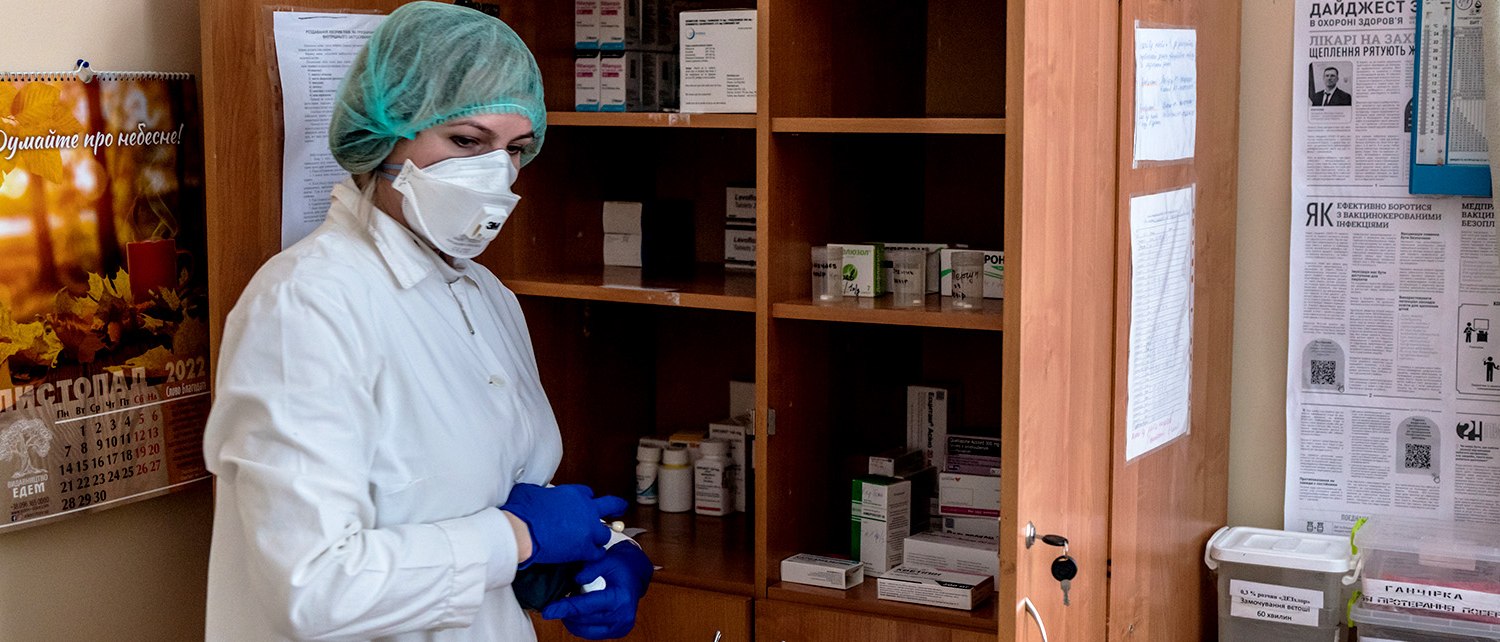“We are heartened to see that progress against tuberculosis (TB) has started to rebound after several years of increased numbers of reported cases and deaths, as documented in the latest Global TB Report from the World Health Organization (WHO). Efforts to fight TB lost momentum during the COVID-19 pandemic, and far too many people suffered as a result. While the gains we see today are an important step to set the trajectory in the right direction, achieving the ambitious goals set by the TB community, and recently reaffirmed by world leaders at the United Nations High-Level Meeting (HLM) on TB, will require a marked escalation in investment in TB research and development associated with prevention, detection, and treatment as well as strengthening of health care systems.
In September, the United Nations held a HLM on TB – its second in five years. The goal for annual investments in global TB efforts was set for US$22 billion by 2027, with an additional US$5 billion annually for research. In contrast, the world invested only US$5.8 billion on TB efforts in 2022, with an additional US$1 billion for research.
With sufficient investment, eradicating TB is possible. Even amid dramatic funding shortfalls, we have seen advances in TB treatment, including highly effective new six-month, all-oral regimens for the treatment of most forms of drug-resistant TB (DR-TB), which is now recommended by WHO. As noted in the report, uptake of this regimen is progressing quickly. In fact, since the collection of data to inform the report, the BPaL and BPaL/M regimens (comprised of bedaquiline, pretomanid, and linezolid, with or without moxifloxacin), have been adopted by additional countries – a total of 70 countries to-date have procured these new DR-TB regimens. These achievements reinforce what is possible with additional, sustained funding to develop improved and urgently needed TB treatments, diagnostics, and prevention technologies.
If we can meet the TB investment goals set by the UN, and if we can secure global commitment and collaboration, we can get back on track to end TB once and for all.”


